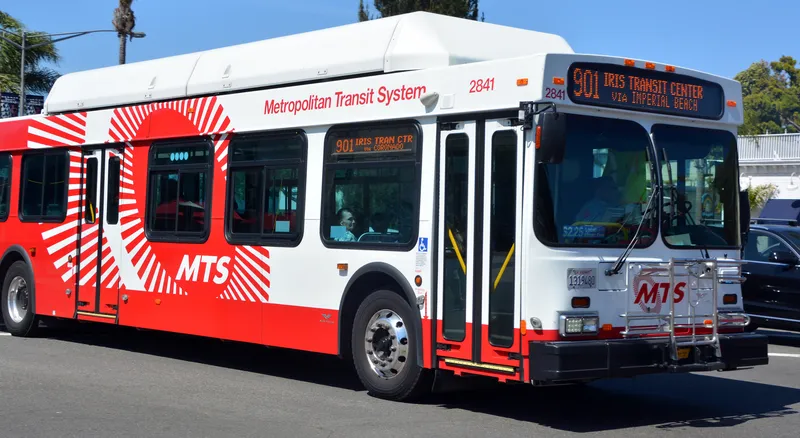A new public remote charging service launched in the US by electric vehicle (EV) charging company SemaConnect enables drivers to quickly charge their electric vehicles by simply logging on to SemaConnect with their smartphone. The service can be used 24/7 and does not require drivers to swipe a credit card. EV drivers can access the new feature when visiting a SemaConnect ChargePro station by visiting the SemaConnect website via their smartphone and selecting “start charging now.” They then enter the statio
December 4, 2012
Read time: 2 mins
A new public remote charging service launched in the US by electric vehicle (EV) charging company 6977 SemaConnect enables drivers to quickly charge their electric vehicles by simply logging on to SemaConnect with their smartphone. The service can be used 24/7 and does not require drivers to swipe a credit card.
EV drivers can access the new feature when visiting a SemaConnect ChargePro station by visiting the SemaConnect website via their smartphone and selecting “start charging now.” They then enter the station’s serial number and their credit card details. Once confirmed, a driver will receive remote authorisation and can begin charging immediately.
SemaConnect allows drivers to quickly start charging without creating a membership account. The service is fully automated, enabling drivers to use it 24/7, without any delays.
The company says that as gas prices continuing to fluctuate and more people become environmentally conscientious about reducing their carbon footprint, electric vehicle sales are on the rise. Even President Barack Obama is getting involved setting a goal to get one million hybrid and electric vehicles on the road by 2015.
According to Mahi Reddy, CEO and founder of SemaConnect, the company continuously strives to develop newer, better ways to assist EV drivers with all of their charging needs.
Reddy states, “We’re focused on building more products that make it easier than ever to own and charge an electric vehicle. As the EV Charging industry matures, we’re aggressively building more smart and efficient ways for station owners to manage their stations, and for electric vehicle drivers to utilise them.”
EV drivers can access the new feature when visiting a SemaConnect ChargePro station by visiting the SemaConnect website via their smartphone and selecting “start charging now.” They then enter the station’s serial number and their credit card details. Once confirmed, a driver will receive remote authorisation and can begin charging immediately.
SemaConnect allows drivers to quickly start charging without creating a membership account. The service is fully automated, enabling drivers to use it 24/7, without any delays.
The company says that as gas prices continuing to fluctuate and more people become environmentally conscientious about reducing their carbon footprint, electric vehicle sales are on the rise. Even President Barack Obama is getting involved setting a goal to get one million hybrid and electric vehicles on the road by 2015.
According to Mahi Reddy, CEO and founder of SemaConnect, the company continuously strives to develop newer, better ways to assist EV drivers with all of their charging needs.
Reddy states, “We’re focused on building more products that make it easier than ever to own and charge an electric vehicle. As the EV Charging industry matures, we’re aggressively building more smart and efficient ways for station owners to manage their stations, and for electric vehicle drivers to utilise them.”








